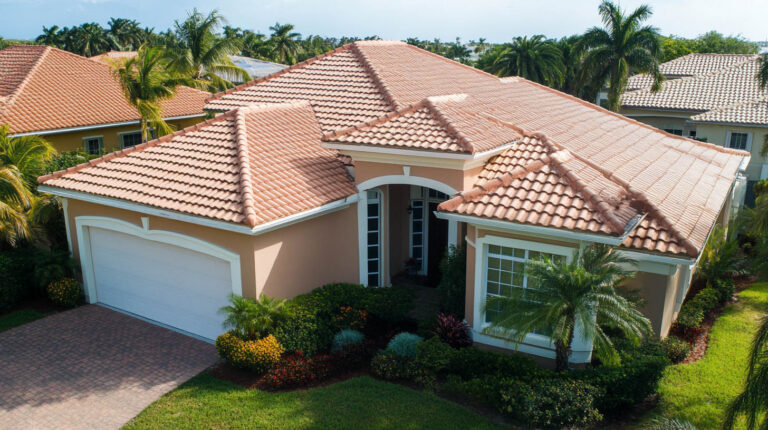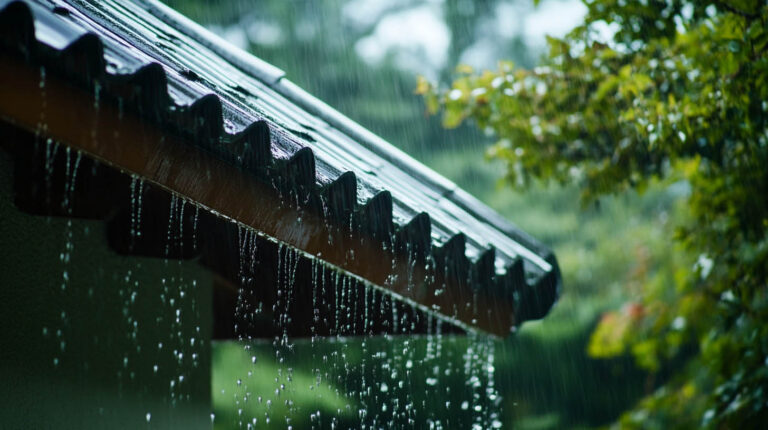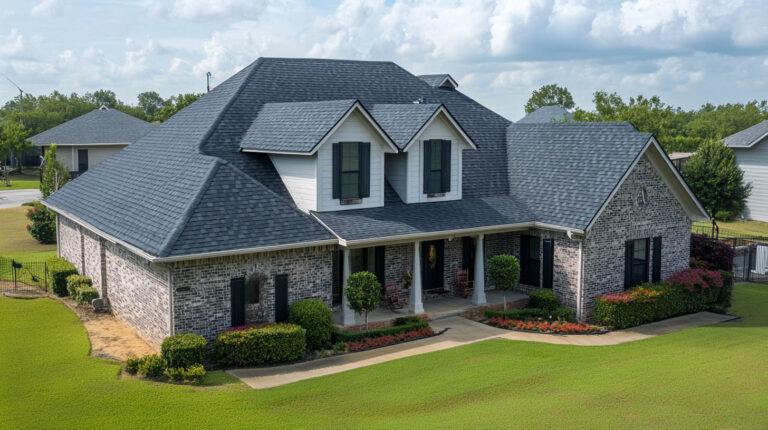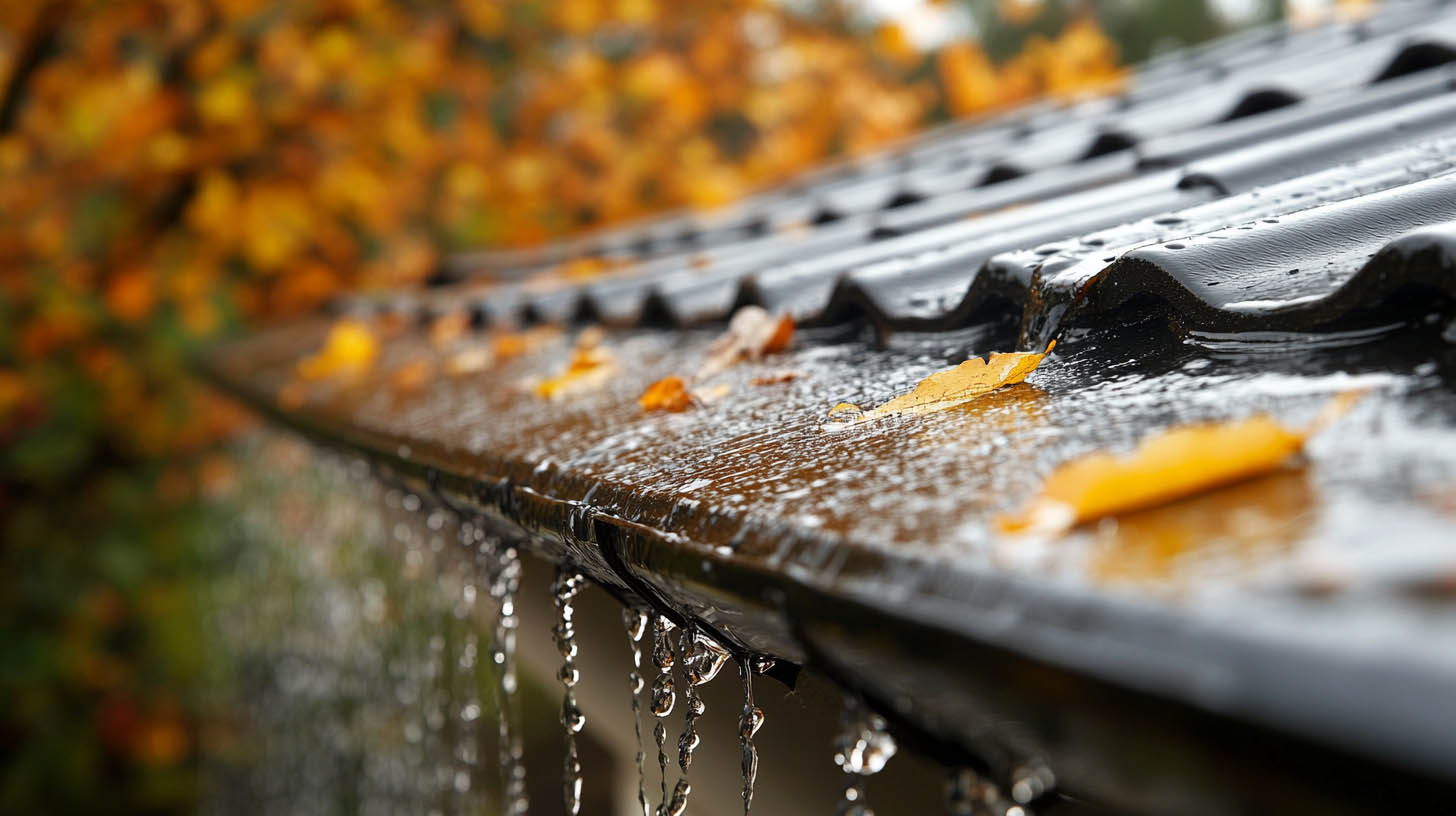
Blog
Dealing with a Roof Leak: What You Need to Know
A roof leak can quickly escalate from a minor annoyance to a major issue, damaging ceilings, walls, and the structural integrity of your home. Addressing leaks promptly and understanding preventive measures is essential to protect your property. At Avenue Roofing, we guide Jacksonville homeowners through effective leak management and long-term solutions for secure, leak-free roofing.
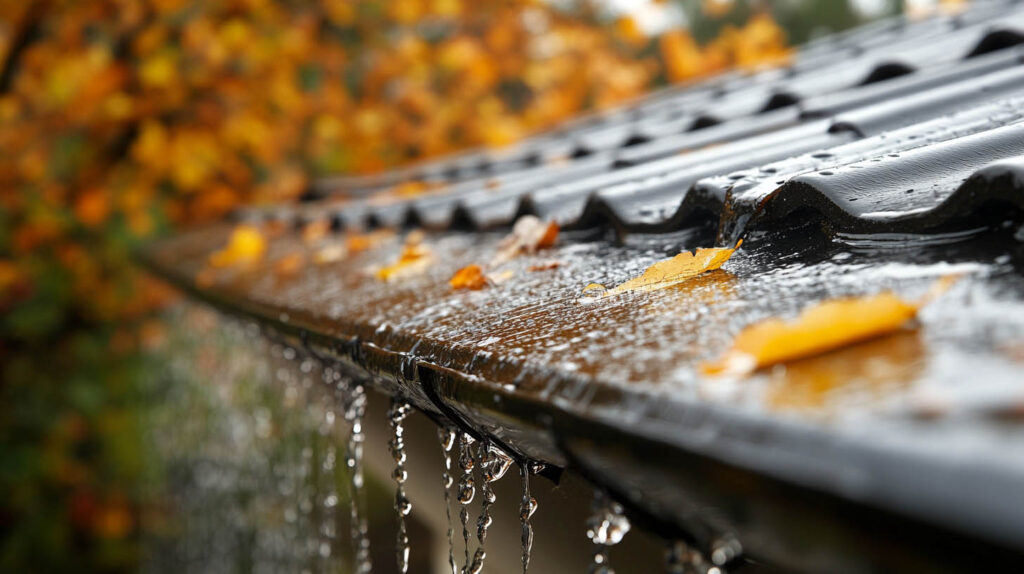
Essential Steps to Take When You Notice a Roof Leak
1. Contain the Leak Immediately
Once a leak is detected, take quick action to contain the water. Use buckets or other containers to catch dripping water and protect floors, furniture, and walls from additional damage. If possible, use a tarp or towels around the leak area to prevent water from spreading.
2. Locate the Source of the Leak
Finding the leak source requires careful inspection, as water often travels from the entry point to another area. Start by checking for water stains or bubbling paint on ceilings. If you can access the attic, inspect the rafters and sheathing for moisture or mold to help pinpoint the leak’s origin.
3. Perform Temporary Leak Containment on the Roof
If you can safely access the roof, a temporary tarp secured over the leak area can provide a short-term solution until professionals arrive. Always prioritize safety by avoiding slippery or steep roofs, and never attempt repairs during rain or storms.
4. Call a Professional Roofer
A skilled roofer can diagnose the issue accurately and determine whether a repair or replacement is necessary. Delaying repairs allows water intrusion to worsen, which can lead to mold growth and structural damage over time. Contacting a professional promptly minimizes the scope and cost of repairs.
Documenting the Leak for Insurance Claims
If you plan to file an insurance claim, take the following steps to ensure proper documentation:
- Photograph the Damage: Take clear, detailed pictures of all affected areas, both inside and outside your home. Photos and videos can be vital when filing a claim with your insurance company.
- Check Your Roof Warranty: If your roof is under warranty, reach out to the installation company to see if leak repairs are covered. A valid warranty may cover repair costs, reducing the financial burden.
Preventive Measures Against Future Roof Leaks
While roof leaks may be inevitable over time, the following actions can help you reduce the likelihood of future leaks and prolong your roof’s lifespan.
Regular Roof Inspections
Scheduling regular professional roof inspections helps detect minor issues before they escalate. A professional inspection every year, especially after severe weather, is crucial for catching and addressing vulnerabilities. Statistics show that roofs with regular maintenance last up to 25% longer.
Keep Your Roof and Gutters Clear of Debris
Debris accumulation on your roof or in gutters can cause water to back up and seep under shingles. Regularly clear away leaves, branches, and other materials, especially after storms. Proactively trimming overhanging branches also minimizes damage from falling debris.
Utilize a Maintenance Program
Many roofing companies, including Avenue Roofing, offer maintenance programs that help homeowners stay on top of routine inspections and minor repairs, ensuring that leaks and other issues are addressed early on.
FAQs on Roof Leak Management
Q1: Can I fix a roof leak myself?
While you may be able to perform temporary fixes, it’s best to call a professional roofer for a thorough inspection and repair to ensure the leak is resolved.
Q2: What causes most roof leaks?
Common causes include damaged shingles, poor ventilation, blocked gutters, and aging roof materials. Regular maintenance helps prevent these issues.
Q3: How do I know if my insurance covers roof leak repairs?
Check your homeowner’s policy to see if it covers roof damage due to specific causes like storms. Some policies may exclude certain types of wear and tear.
Q4: What are the signs of a hidden roof leak?
Visible signs include water stains, bubbling paint, or mildew odors. Increased energy bills can also indicate that air and water are entering through damaged areas.
Q5: How often should I inspect my roof for leaks?
Conduct a visual inspection twice a year and schedule professional inspections annually, particularly after severe weather events.
Conclusion
A leaky roof requires immediate attention to prevent further water damage and structural issues. Taking swift action, documenting damage for insurance purposes, and engaging a professional roofing contractor for a permanent fix can save significant costs in the long run. At Avenue Roofing, we help Jacksonville homeowners stay leak-free with reliable repairs and preventive maintenance for lasting peace of mind.
To learn more about why proper roof ventilation is crucial for your home, click here.
